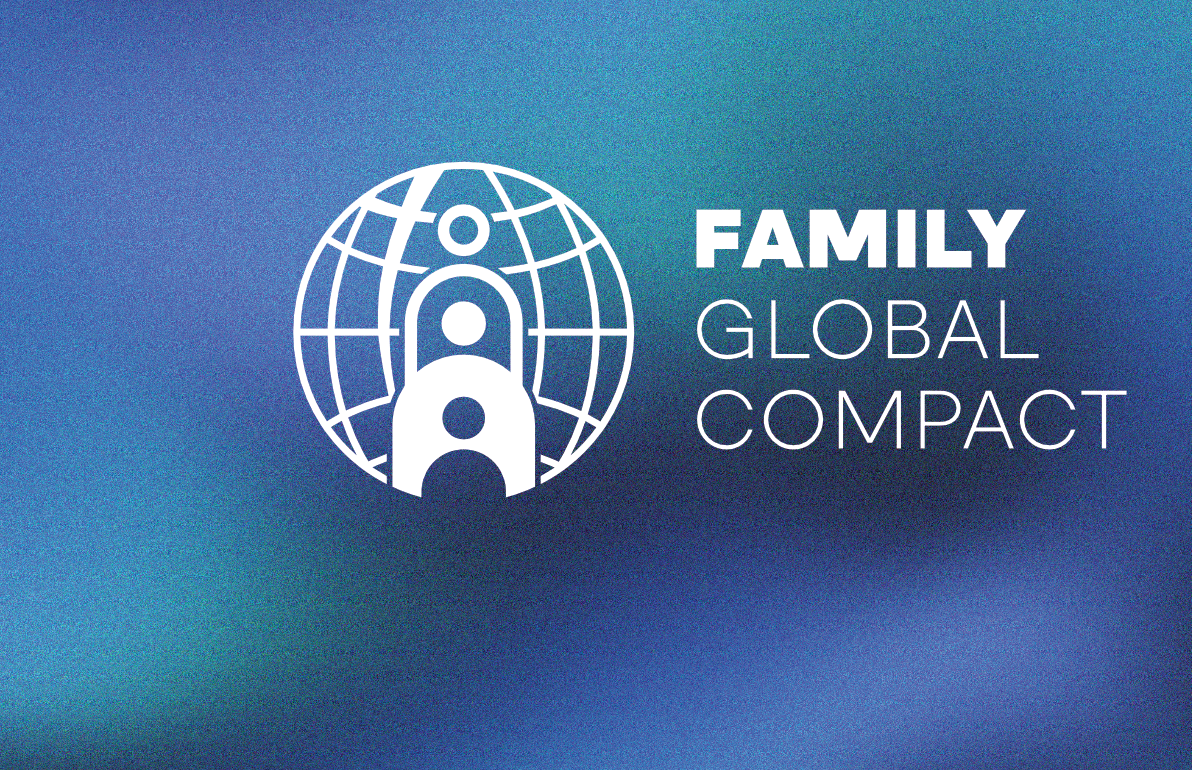Family pact among Catholic universities around the world
The Family Global Compact was presented today in the Vatican to get Catholic universities to share their thoughts, studies and proposals that can enhance the family’s contribution to the economy, society and the development of the person. For Pope Francis, “Healthy family relationships represent a unique source of enrichment, not only for spouses and children but for the entire ecclesial and civil community.”
Vatican City (AsiaNews) – Pope Francis released a message today about the Family Global Compact, a new initiative launched in the Vatican by the Dicastery for the Laity, Family and Life and the Pontifical Academy for Social Sciences to promote a global and integral view of the family, starting with Christian anthropology.
This is part of “a collaborative plan aimed at bringing the pastoral care of families into dialogue with centres of study and research on the family located in Catholic universities around the world.”
The Family Global Compact is the result of work coordinated by the International Centre for Family Studies (CISF),[*] which consulted 373 Catholic universities around the world to recognise family-related academic activities centred on the family’s contribution to the economy, society, the development of the human person and the common good.
A document available on the familyglobalcompact.org website came from the answers and reflections provided by some 30 universities that showed the most interest in the project. The paper identifies some crucial thematic areas and suggests research paths for the academic world.
To this end, Catholic universities around the world are urged to pursue four goals together.
The first is to activate a process of dialogue and greater collaboration between study and research centres that deal with family issues, to make their activity more fruitful.
This should be accompanied by generating greater synergy, in content and objectives, between Christian communities and Catholic universities.
With respect to civil society, a culture of the family and life should be promoted, so that proposals and objectives useful for public policies can emerge.
Lastly, once proposals have been identified, they should be harmonised and supported, so that service to the family is helped at the spiritual, pastoral, cultural, juridical, economic and social levels.
“It is in the family that many of God’s dreams for the human community are realized,” reads the message Pope Francis wrote. “Hence, we cannot resign ourselves to the decline of the family in the name of uncertainty, individualism and consumerism, which envision a future of individuals who think only of themselves.
“We cannot be indifferent to the future of the family as a community of life and love, a unique and indissoluble covenant between a man and a woman, a place where generations meet, a source of hope for society.
“The family,” notes the pontiff, “has a positive effect on everyone, since it is a generator of common good. Healthy family relationships represent a unique source of enrichment, not only for spouses and children but for the entire ecclesial and civil community.”
The pontiff ended saying, “I thank all those who have joined the Family Global Compact and those who will do so in the future, and I invite them to devote themselves with creativity and confidence to every initiative that can help put the family once more at the heart of our pastoral and social commitment.”
[*] Centro Internazionale per gli Studi sulla Famiglia.







.png)










